Mastering Muscle Recovery: Nutritional Strategies Post-Workout
Mastering Muscle Recovery: Nutritional Strategies Post-Workout
Did you know that up to 90% of people who regularly work out don't optimize their post-workout recovery, potentially halving the effectiveness of their exercise regimes? That's a significant number of fitness enthusiasts and athletes missing out on maximizing their workout results! More importantly, sounds like a wasted effort, no?
Muscle recovery is an essential aspect of any fitness routine, yet it's often the most overlooked. After putting your muscles through the stress of a rigorous workout, what you do next can either enhance your gains or undermine them. Effective recovery goes beyond just muscle repair; it's about preparing your body for higher levels of performance in future workouts.
Muscle recovery isn't just about rest. It involves physiological processes where muscles adapt to stress, repair tissue damage, and grow stronger. This period after exercise is when the most crucial recovery processes occur, including the replenishment of energy stores and the repair and growth of muscle tissue.
This short article will demystify the science of muscle recovery and provide you with actionable, scientifically-backed nutritional strategies to enhance your recovery after workouts. We'll explore essential nutrients, optimal timing for intake, and practical tips to incorporate recovery-focused nutrition into your lifestyle. Whether you're a seasoned athlete or a casual gym-goer, understanding and applying these principles can help you maintain peak performance and achieve your fitness goals faster and more effectively.
Understanding Muscle Recovery
Basics of Muscle Recovery
When you exercise, especially during intense or resistance training workouts, your muscle fibers undergo stress that results in microscopic tears. This might sound alarming, but it's a natural and essential process for muscle growth and strength building. The breakdown of these muscle fibers stimulates the body's repair processes, where cells called fibroblasts repair and replace damaged muscle fibers through a cellular process that fuses muscle fibers together to form new muscle protein strands, or myofibrils. These repaired myofibrils increase in thickness and number to create muscle hypertrophy (growth).
Post-workout, your muscles go into a recovery mode where they begin the repair process, but they require the right nutrients to do so effectively. The recovery phase not only involves muscle repair but also the replenishment of glycogen stores depleted during physical activity. This phase is crucial because it prepares the muscles for the next level of stress, helping to improve strength and endurance over time.
Importance of Nutrition in Recovery
Nutrition plays a pivotal role in the speed and effectiveness of muscle recovery. Consuming the right nutrients after a workout can drastically influence the body's ability to recover not just quicker, but more effectively. Key components include:
- Proteins: Proteins are the building blocks of muscle tissue. After a workout, consuming protein can help repair the damaged tissues and promote the growth of new tissue. The amino acids in protein help stimulate muscle protein synthesis, which is the process of building new muscle.
- Carbohydrates: Carbohydrates are critical because they replenish the glycogen stores that your body depletes during exercise. Glycogen is the primary energy source for your muscles, and without sufficient levels, recovery can be slowed down, and muscle fatigue can increase.
- Fats: While fats are not as crucial in the immediate recovery phase, they are important for overall health and help to sustain energy levels and aid in the absorption of essential vitamins.
- Micronutrients and Antioxidants: Vitamins and minerals, such as Vitamin C, Vitamin D, Vitamin E, and Zinc, play roles in protecting muscle cells from damage and supporting the immune system, which can be compromised after intense workouts. Antioxidants help to neutralize free radicals produced during exercise that can damage cells and exacerbate muscle soreness.
- Hydration: Replenishing fluids and electrolytes after working out is crucial for recovery. Water supports every metabolic function and nutrient transfer in the body and having plenty of water will improve every bodily function. Adequate fluid replacement is especially important for endurance athletes who lose large amounts of water during hours of sweating.
A well-timed meal or supplement that contains a mix of proteins, carbohydrates, and fats can enhance the body's recovery processes significantly. This integrated approach ensures that muscle tissues not only repair and grow but also adapt to handle similar stresses in the future more efficiently. By understanding and applying these nutritional principles, athletes and fitness enthusiasts can ensure they are getting the most out of their workouts and their recovery periods.
Essential Nutrients for Muscle Recovery
Proteins
Proteins play a critical role in muscle recovery by repairing and rebuilding muscle fibers that are damaged during exercise. The amino acids in proteins act as the building blocks for new muscle tissue, facilitating growth and strengthening the muscles. Leucine, an essential amino acid found in many protein sources, is particularly effective at stimulating muscle protein synthesis, a crucial process for muscle recovery and growth.
Recommended Sources: High-quality protein sources include lean meats like chicken and turkey, fish, eggs, dairy products like Greek yogurt and cottage cheese, and plant-based options such as quinoa, legumes, and tofu.
Consumption Guidelines: It is generally recommended to consume approximately 20-25 grams of protein after a workout to maximize muscle protein synthesis. For athletes engaging in intense or prolonged training, these requirements may be higher.
Carbohydrates
Carbohydrates are essential for quickly replenishing the muscle glycogen stores that are depleted during exercise. Glycogen is the primary energy reserve in muscles, and replenishing these stores is crucial for recovery and continued performance.
Consumption Guidelines: After intense or prolonged physical activity, consuming carbohydrates in a ratio of 3:1 or 4:1 (carbs to protein) can effectively restore glycogen levels. Good sources of carbohydrates include fruits, vegetables, whole grains, and specialized recovery drinks or shakes.
Fats
While fats are less critical in the immediate post-workout window, they play a significant role in the overall recovery process, particularly in reducing inflammation. Healthy fats help to modulate the body's inflammatory response, which can be triggered by intense exercise.
Recommended Sources: Sources of healthy fats include avocados, nuts, seeds, and fatty fish such as salmon and mackerel, which are high in omega-3 fatty acids.
Vitamins and Minerals
Certain vitamins and minerals play specific roles in the muscle recovery process:
- Vitamin C: Important for collagen production and the repair of connective tissues in the body. Also helps with the absorption of iron.
- Vitamin D: Crucial for bone health and immune function, which supports recovery.
- Magnesium: Plays a role in muscle function and helps reduce cramping and facilitate recovery.
- Zinc: Important for immune function and plays a role in muscle repair and growth.
Consumption Guidelines: These nutrients can generally be obtained through a balanced diet, but in some cases, supplements may be necessary to meet the increased demands of athletes.
Hydration
Hydration is crucial for effective muscle recovery. Water helps transport nutrients to the cells and removes waste products, which can contribute to muscle soreness and fatigue.
Electrolytes, such as sodium, potassium, and magnesium, are also vital as they help maintain fluid balance, nerve function, and muscle contractions. After intense workouts, replacing these lost through sweat is important for recovery and performance.
Consumption Guidelines: It is recommended to drink fluids regularly before, during, and after exercise. The amount of fluid required depends on the intensity of the exercise and individual sweat rates. Electrolyte-rich drinks can be particularly beneficial after prolonged or intense exercise sessions.
By understanding and incorporating these essential nutrients into their recovery process, athletes can significantly enhance their muscle repair, growth, and overall recovery, preparing them better for future training sessions.
Timing Your Nutrition for Optimal Recovery
The Anabolic Window
The concept of the "anabolic window" refers to the limited time period after exercise during which the body is purportedly more receptive to nutrients, particularly protein and carbohydrates, that can stimulate muscle repair, growth, and glycogen replenishment. Traditionally, this window was thought to be within 30 to 45 minutes post-workout, a period believed to be crucial for consuming nutrients to maximize the benefits of your training.
However, recent research suggests that the anabolic window may not be as narrow as once thought. While it's still beneficial to consume nutrients soon after exercise, especially after intense or prolonged workouts, the window of opportunity might extend up to several hours depending on prior nutritional status and the specifics of the exercise performed. This more flexible timeframe acknowledges that the body's processes for muscle repair and growth continue well beyond the immediate post-workout period.
Practical Timing Tips
Optimizing the timing of your nutrition can significantly enhance recovery and overall athletic performance. Here are some practical guidelines for when to consume key nutrients after a workout:
- Immediately Post-Workout (0-2 hours): This is an ideal time to consume a mix of proteins and carbohydrates. A ratio of 3:1 (carbohydrates to protein) is often recommended, especially after endurance activities like running or cycling, to quickly replenish glycogen stores and facilitate muscle recovery. For example, a smoothie with fruit and protein powder or a sandwich with lean protein and vegetables are good options.
- Protein: Consuming 20-40 grams of protein after a workout can help stimulate muscle protein synthesis. For most people, the higher end may become more relevant in cases of intense training or bodybuilding.
- Carbohydrates: The amount of carbohydrates needed can vary based on the duration and intensity of the workout. A good rule of thumb is to consume 1.0-1.5 grams of carbohydrates per kilogram of body weight during the first two hours post-workout and again every two hours for 4 to 6 hours to maximize glycogen synthesis.
- Hydration: Begin rehydrating immediately after exercise. Including electrolytes in your recovery drink can help restore the balance of fluids, especially after workouts in hot and humid conditions or sweat-heavy sessions.
- Continued Recovery (2-24 hours post-workout): Continue to include balanced meals and snacks that include protein, carbohydrates, and healthy fats throughout the day to support ongoing recovery processes. Meals might include chicken or fish with brown rice and vegetables, or a hearty salad with beans, quinoa, avocado, and nuts.
Understanding and implementing these nutritional timing strategies can help ensure that your body gets the right nutrients at the right time, enhancing both recovery and your readiness for the next workout.
Recovery Nutrition in Practice
Sample Post-Workout Meals
Effective post-workout nutrition involves consuming meals that combine proteins, carbohydrates, and fats in balanced proportions to support muscle repair, replenish energy stores, and reduce inflammation. Here are a few examples of balanced post-workout meals:
- Protein Smoothie: Blend whey protein or a plant-based protein powder with a banana, a handful of spinach, a tablespoon of peanut butter, and almond milk. This smoothie provides a quick-digesting protein with carbs and a bit of healthy fat.
- Grilled Chicken and Quinoa Salad: Combine grilled chicken breast, cooked quinoa, mixed leafy greens, cherry tomatoes, avocado, and a lemon-tahini dressing. This meal offers high-quality protein, complex carbohydrates, and healthy fats.
- Salmon and Sweet Potato: Bake or grill a salmon fillet and serve with a baked sweet potato and steamed broccoli. This meal is rich in omega-3 fatty acids, complex carbs, and fiber.
- Cottage Cheese and Fruit Bowl: Mix a cup of low-fat cottage cheese with slices of pineapple or berries and a sprinkle of chia seeds. Cottage cheese is packed with casein protein, which is slow-digesting, making it ideal for recovery periods.
Supplements for Recovery
While whole foods should always be the first choice, supplements can play a beneficial role in the recovery process, especially when convenience and efficiency are needed. Here are some commonly used supplements that can aid recovery:
- Protein Powders: Whey protein is popular for its rapid digestion and abundance of essential amino acids. Casein, another milk protein, is slower to digest and can be ideal for prolonged recovery periods. Plant-based proteins like soy, pea, or rice protein are excellent alternatives for those avoiding dairy.
- BCAAs (Branched-Chain Amino Acids): BCAAs, particularly leucine, isoleucine, and valine, promote muscle protein synthesis and may help reduce muscle soreness. They can be taken before, during, or after workouts to enhance recovery and reduce fatigue.
- Creatine: This supplement is well-known for its benefits in high-intensity training. Creatine can help increase muscle energy reserves, enhance recovery, and even support muscle growth and strength over time.
- Omega-3 Fatty Acids: Often taken in the form of fish oil supplements, omega-3s can help reduce inflammation and are beneficial for joint health and recovery.
Incorporating these supplements should be considered in the context of your overall diet and fitness goals. Always ensure that any supplement regimen complements a well-rounded diet and consult with a healthcare provider or a dietitian to tailor the approach to your specific needs.
Common Mistakes in Recovery Nutrition
Under-Fueling
One of the most significant yet common mistakes in recovery nutrition is under-fueling. Failing to consume adequate calories and nutrients after intense or prolonged physical activity can impede the body's ability to repair muscle tissue, replenish energy stores, and ultimately recover effectively. This can lead to prolonged muscle soreness, fatigue, and even injuries due to inadequate recovery. It's crucial to understand that calories serve not only as energy but also play a pivotal role in various metabolic pathways that are essential for recovery. Moreover, under-fueling can undermine the immune system, making athletes more susceptible to illnesses, which can further hinder training and performance.
Poor Timing
The timing of nutrient intake plays a critical role in how effectively the body recovers after exercise. Delaying nutrient intake, particularly in the hours immediately following exercise, can significantly reduce the efficiency of recovery processes. During the immediate post-workout period, often referred to as the "anabolic window," the body is primed to absorb and utilize nutrients more efficiently. This window is when muscle glycogen synthesis is at its peak. Delaying carbohydrate and protein intake can lead to suboptimal glycogen replenishment and delay muscle repair, potentially affecting future performance and increasing the risk of injury.
Neglecting Hydration
Hydration is often the most overlooked aspect of nutrition, yet it is crucial for effective recovery. Proper hydration involves more than just replacing the water lost through sweat; it also involves replenishing electrolytes, such as sodium, potassium, and magnesium, which play vital roles in maintaining fluid balance, muscle function, and overall cellular operations. Neglecting hydration can lead to dehydration, which significantly impairs metabolic function and recovery. It can increase muscle cramps, alter body temperature control, reduce the motivation for exercise, and increase fatigue levels. Proper rehydration strategies should include drinking fluids before, during, and after exercise, and if sweating heavily, consuming a beverage containing electrolytes to fully restore hydration status.
By addressing these common mistakes ensuring adequate and timely nutrient intake and proper hydration, athletes can optimize their recovery and performance, ensuring they are fully prepared for their next workout session.
As You Can See
In this comprehensive exploration of muscle recovery through nutrition, we've covered essential strategies that are fundamental to enhancing your post-workout recovery effectively. From understanding the pivotal roles of proteins, carbohydrates, fats, vitamins, minerals, and hydration to mastering the timing of your nutrition intake, each element plays a crucial role in ensuring your body recovers optimally, setting the stage for improved performance in subsequent workouts.
A Quick Recap:
- Nutrient Timing: Capitalizing on the anabolic window by consuming a blend of proteins and carbohydrates soon after workouts to facilitate rapid recovery and muscle growth.
- Balanced Nutrition: Ensuring a diet rich in essential nutrients and adequate calories to support the physiological demands of recovery.
- Hydration: Emphasizing the importance of replacing fluids and electrolytes lost during exercise to maintain cellular function and overall health.
- Practical Application: Offering actionable advice on integrating these nutritional strategies into everyday life with sample meals and insights on supplements.
Recovery is as critical as the training itself. By adopting the nutritional strategies discussed, you can significantly enhance your body's ability to recover, adapt, and improve. This isn't just about achieving short-term gains but about fostering long-term health and athletic performance.
Now, we encourage you to put these insights into practice. Whether you're a seasoned athlete or a fitness enthusiast, effective recovery nutrition can profoundly affect your performance and general well-being. Experiment with the suggested strategies to discover what works best for your body and lifestyle.
Have you tried any of these strategies in your post-workout routine? What has your experience been with recovery nutrition? Share your stories or ask questions in the comments below. We love hearing from you, and your insights could help others optimize their recovery strategies, too!
Together, let's turn recovery into a powerful tool for enhancing our health and performance. Start today, and feel the difference in your body and your workouts!
Always Remember...
We would love to hear your thoughts on this, or any other article we write, so please, drop us your comments, ideas, input, and suggestions in the comments below.
And, by all means, if you think anyone in your world might like something we write, use the share buttons below to help us spread the word!
Until next time...PROGRESS, not PERFECTION!
Don't forget, always consult your physician before making any changes to your diet or exercise regimen.
Live a 3D Life...Decisions Determine Destinations!
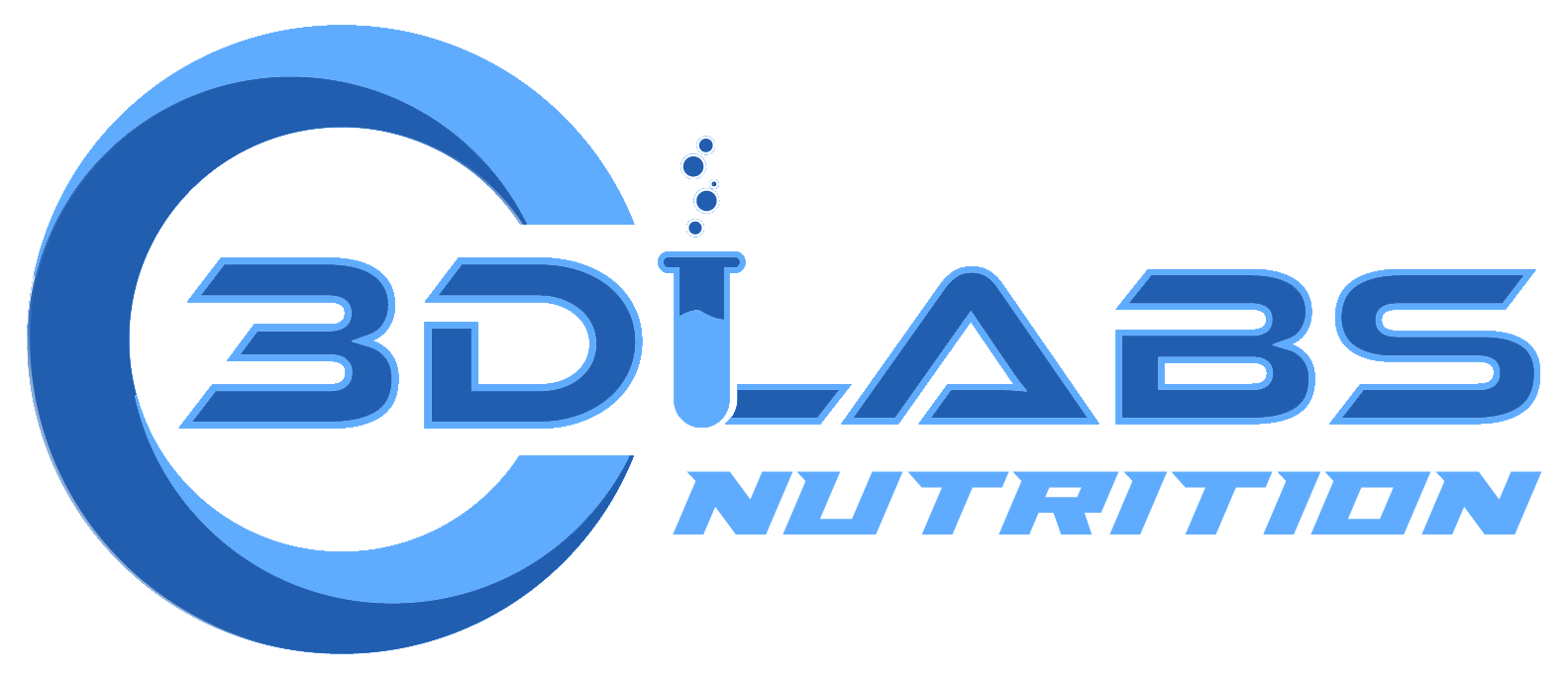

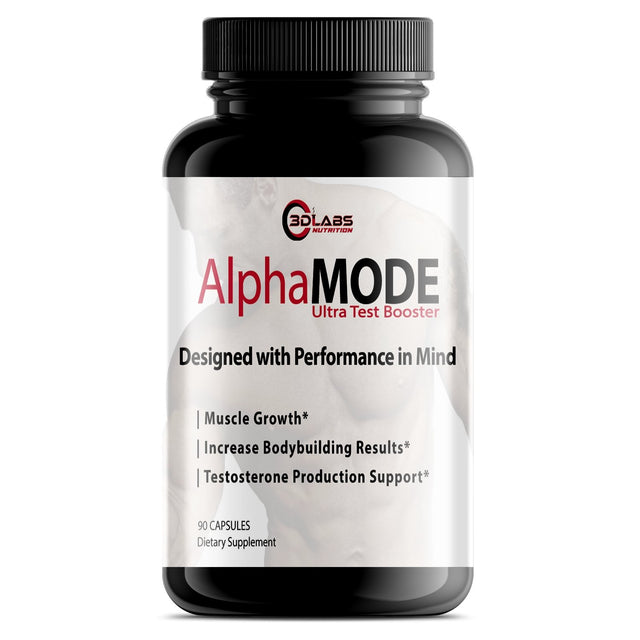
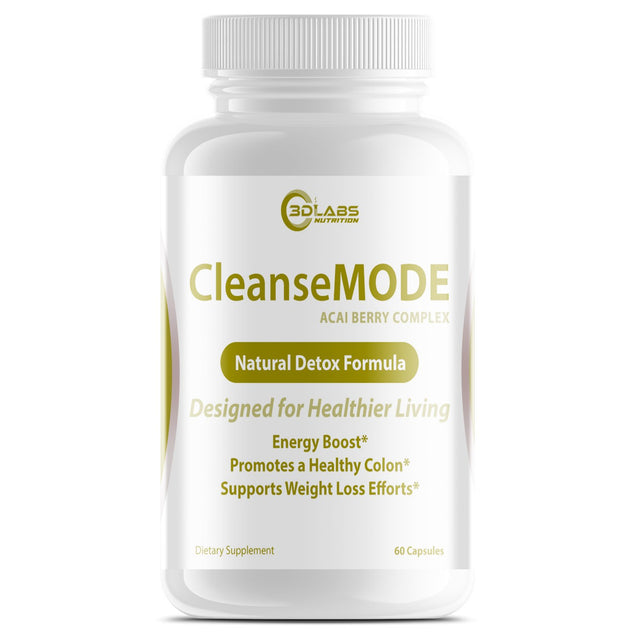
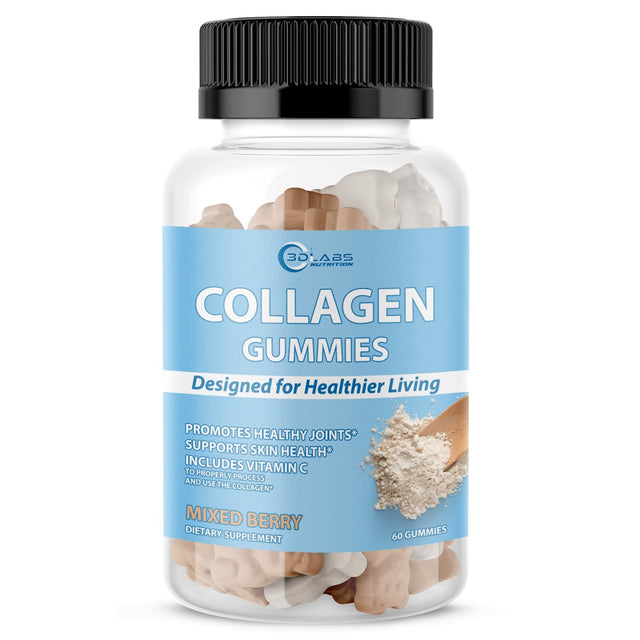
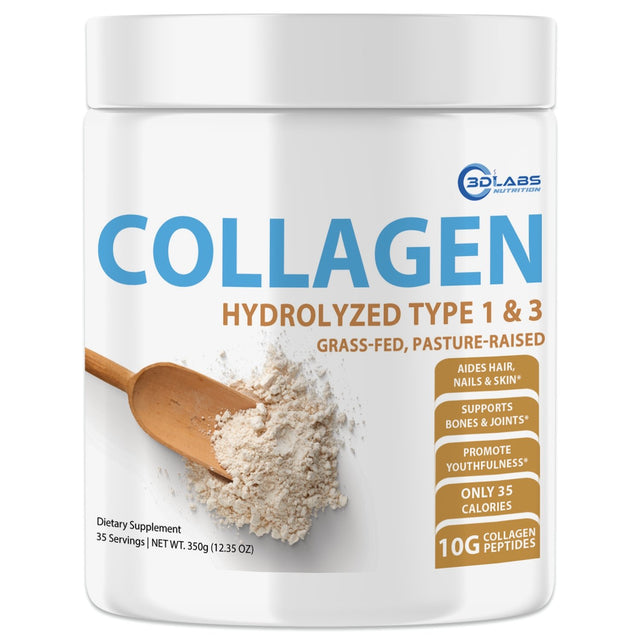
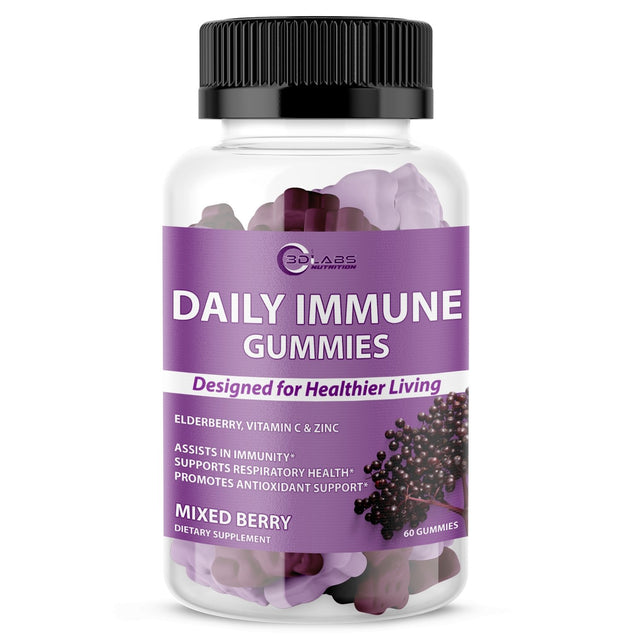
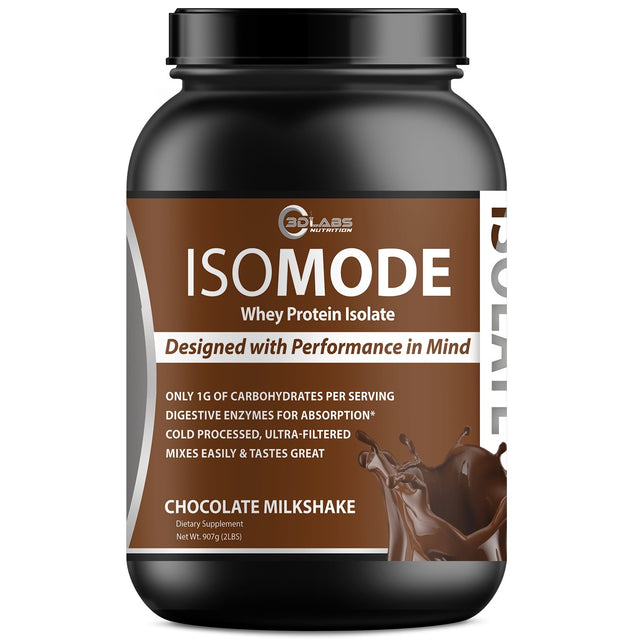
0 Comments
There are no comments for this article. Be the first one to leave a message!